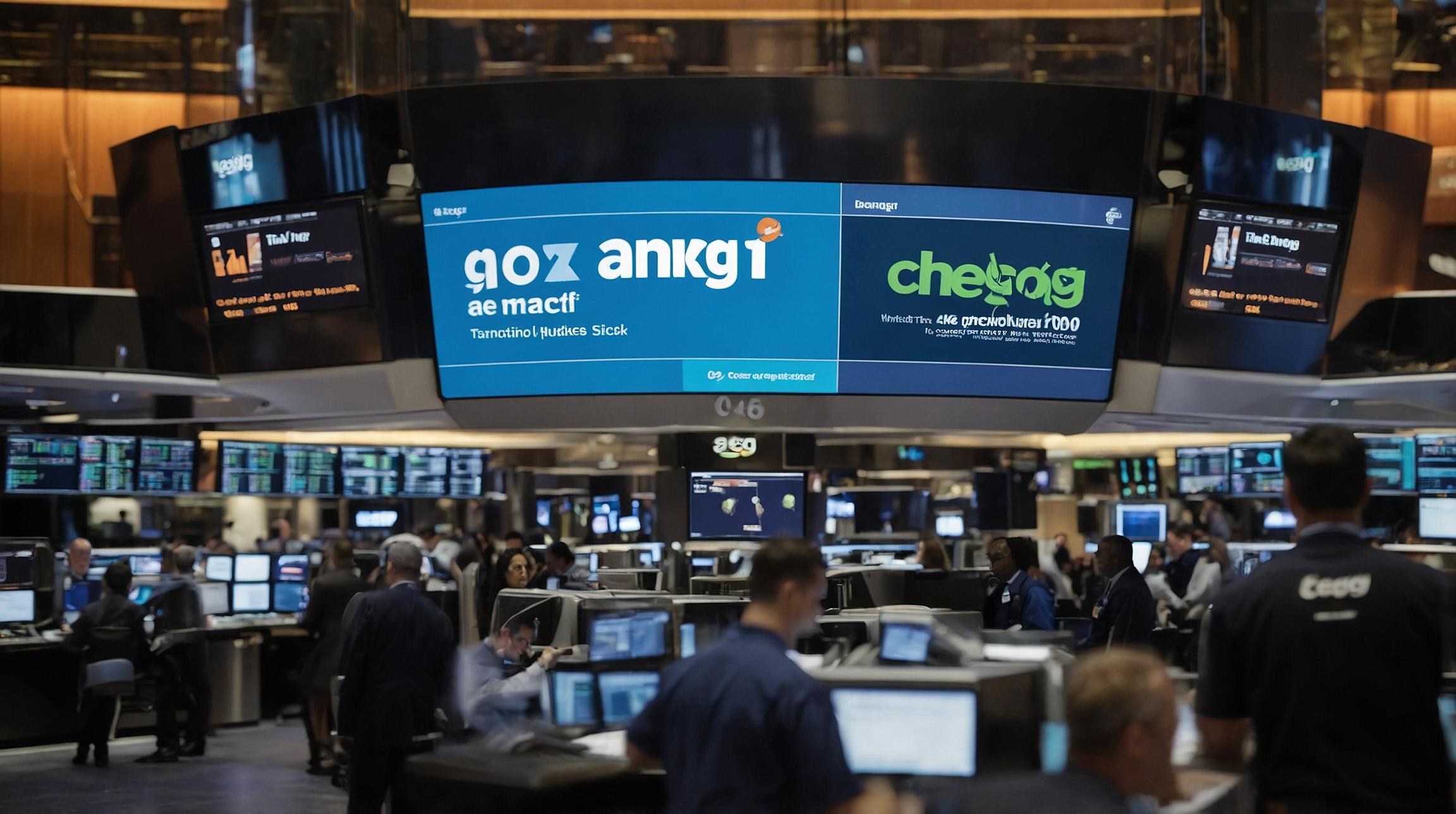Top Investors Share Their Toughest Lessons on Investing
Learn from the mistakes of successful investors and avoid common pitfalls
Investing can be a challenging endeavor, with potential risks and rewards. It requires careful consideration of capital allocation and avoiding excessive leverage. In this article, we will explore the toughest lessons learned by top investors, highlighting the importance of trust, teamwork, understanding market dynamics, patience, and the relationship between investment and human capital.
Lesson 1: Trust Your Gut
One valuable lesson learned by experienced investors is the importance of trusting their instincts. Back in the early 1990s, a leading pager company introduced a product that charged consumers per character. Despite the senior person's spreadsheet and numbers, one investor had a gut feeling that the company's subscribers couldn't afford the high cost. Eventually, the company went bankrupt, leading to a brutal lesson on the significance of intuition and critical thinking.
Lesson 2: Investing is a Team Sport
Investing is not a solo endeavor but a team effort. Successful investors acknowledge the importance of partnering with the right individuals who bring different perspectives and expertise to the table. Just like Warren Buffett needed Charlie Munger and Ben Horowitz needed Marc Andreessen, collaboration and collective wisdom are key to achieving investment success.
Lesson 3: Good News Doesn't Guarantee Stock Prices
A crucial lesson for investors is that positive news doesn't always result in stock price appreciation. It is vital to evaluate whether the market has already priced in the favorable developments. What may seem like a positive indicator for a stock may not necessarily lead to its upward trajectory. Understanding market dynamics and potential market reactions is essential for making informed investment decisions.
Lesson 4: Patience Pays Off
Patience is a virtue in the investment world. Investors who focus on emerging areas, such as longevity, understand that new products and services often take time to gain acceptance and generate substantial returns. It can be challenging to wait for the fruition of investment ideas, but patience is key to reaping the rewards in the long run.
Lesson 5: Don't Give Up on Convictions
Experienced investors emphasize the importance of not giving up on ideas and convictions that they believe will eventually materialize. One investor shared their regret of giving up on a fund focused on Japan corporate engagement after experiencing success. Despite the fund's dissolution, corporate engagement has now become a popular strategy in Japan. This lesson serves as a reminder to stay committed to long-term visions and not let temporary setbacks deter investment decisions.
Lesson 6: Understanding Key Stakeholders
Investors must keep a keen eye on various stakeholders, including governments, which can influence market dynamics. For example, Nigeria's capital controls and Turkey's unorthodox monetary policy have created periods of currency and liquidity pressures. Being aware of the impact of government policies on investments is crucial for making informed decisions.
Lesson 7: Recognizing the Relationship Between Investment and Human Capital
Investors need to understand the relationship between investment capital and human capital. Young professionals in secure professions, like a neurologist, may consider their human capital as a relatively safe asset. However, as individuals enter the decumulation phase of life, stocks become riskier. It is essential to consider the risk appetite at different stages of life and allocate investments accordingly.
In conclusion, learning from the experiences of top investors can help us navigate the complex world of investing more effectively. By trusting our instincts, building strong partnerships, understanding market dynamics, exercising patience, staying committed to convictions, recognizing key stakeholders, and considering the relationship between investment and human capital, we can increase the likelihood of achieving investment success.
Analyst comment
This news can be evaluated as neutral. The lessons shared by top investors provide valuable insights for the market. However, as an analyst, it is important to note that the market may not necessarily react positively or negatively based on these lessons. It will depend on various factors such as current market conditions, investor sentiment, and other external factors.













